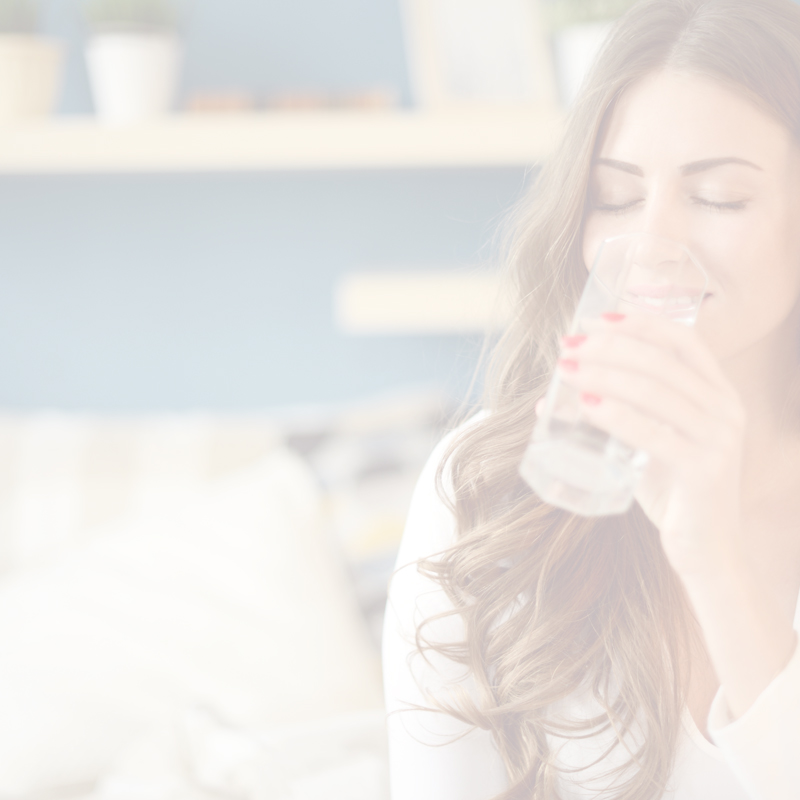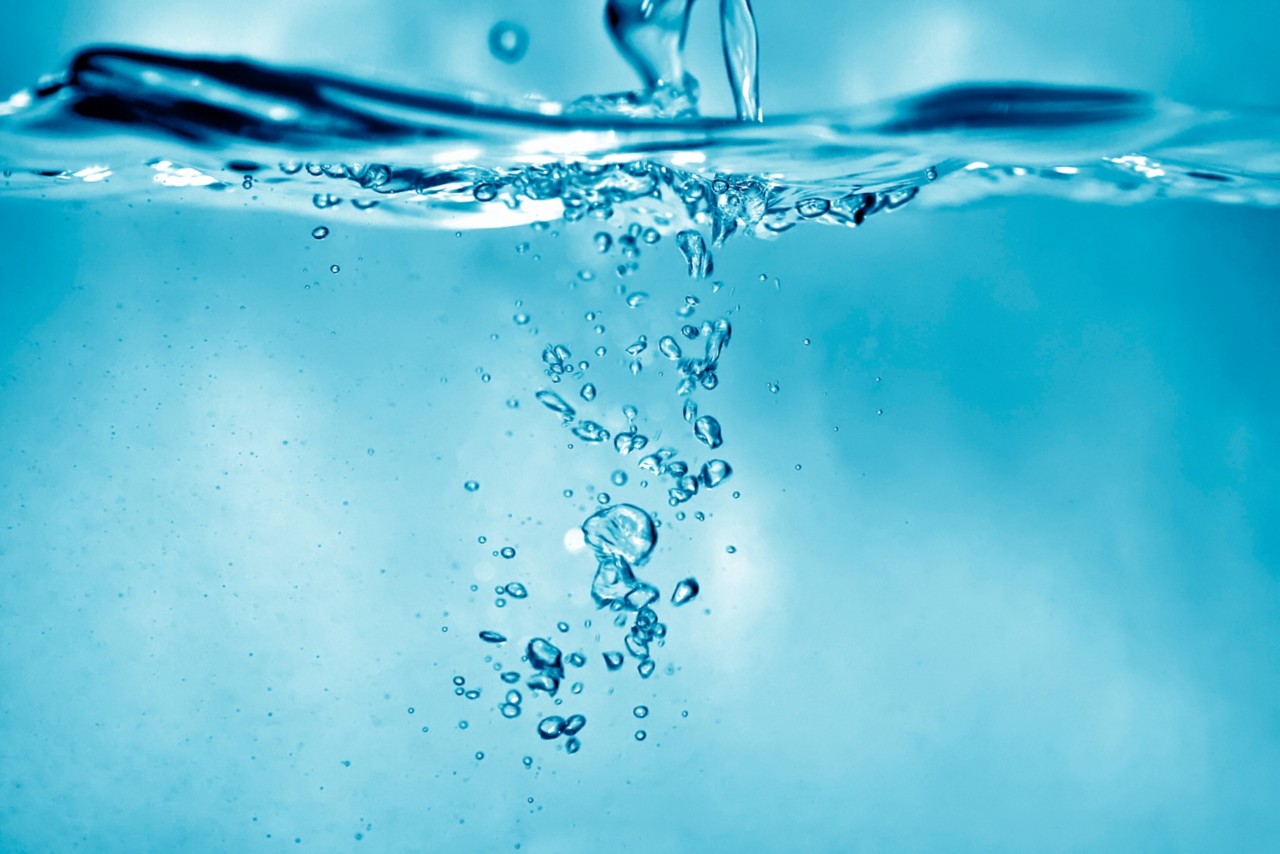Stop Wasting Water and Money. FIND A LOCAL PRO
How long is water safe to drink after it has been sitting out? You may have asked yourself this before while clutching an old bottle of water you found in the backseat of your car from three months ago. Don't be ashamed. We've all done it.
Knowing when your water is too old to drink can help you make the right decision so you don't drink something you shouldn't.
What is Old or Stale Water?
Can water go stale? You might laugh. But it's a legitimate question.
That stale taste you get when you drink water that's been sitting in a glass overnight isn't in your head. It's a phenomenon that occurs when the chlorine in tap water evaporates.
Municipal water authorities commonly use chlorine in tap water. It helps reduce bacteria growth in water. While most people don't notice the taste, some do. So after about 12 hours of sitting and your water suddenly doesn't have any chlorine, it has a different flavor. What you taste is an absence of treatment chemicals you’re accustomed to.
A lack of chlorine on its own isn't a problem. But with other contaminants floating around, it could be. The longer you leave a glass of water on a table, the more debris - like dust - it collects. And there's also surface scum…even if you can't see it, it could introduce bacteria and other pathogens into the mix. Not fun.
Just how big of a party foul is it to drink old water? Let's take a look at two examples.
We are water Experts
Water quality is non-negotiable. To prove it, we've built state-of-the-art water quality labs and filled them with the best and brightest scientists — all so we can provide you with the best water of your life.

Leaving Water Out Overnight
It's unavoidable. Backwash. Even the most careful of sippers are bound to get some spit back in their water. That's life. When you take a drink, leave backwash, and let the water sit overnight… what happens?
Over hours, bacteria from your mouth can incubate. But here's the kicker. If the bacteria came from your mouth, chances are it won't cause any problems. After all, that bacteria is already present in your body.
However, sharing water with someone else? That's a big no-no. They may have different bacteria present, which could make you ill.
Even so, experts think that leaving water out overnight generally isn't too big a risk. Hydrate with happiness.
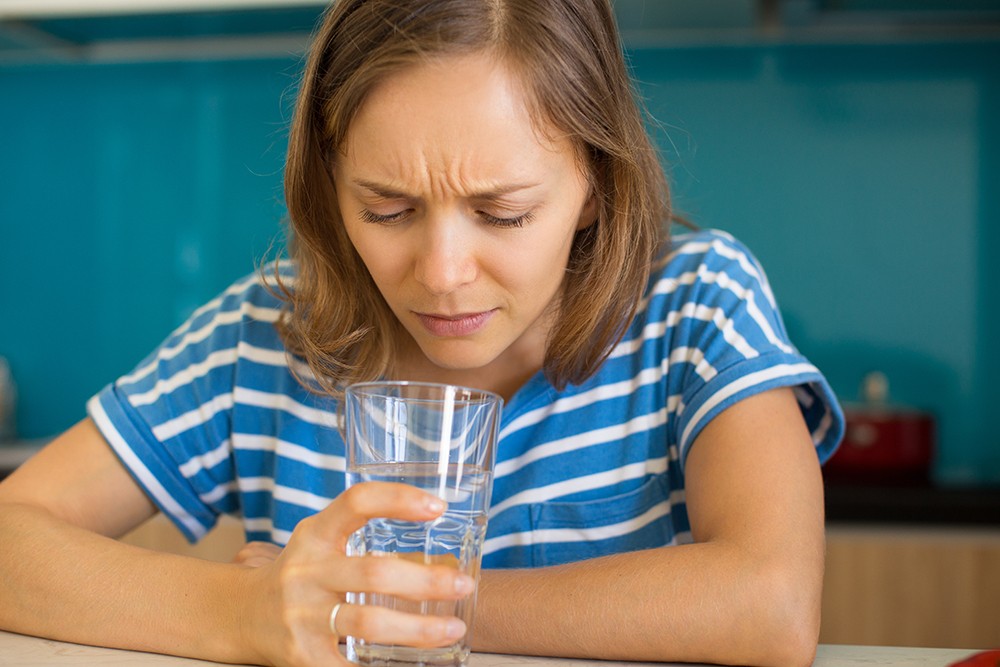
What's in your water?
start here
Worried about your water? Take control with our at-home water test kit. We'll analyze your water and recommend the best filtration or softening solution for your specific needs.
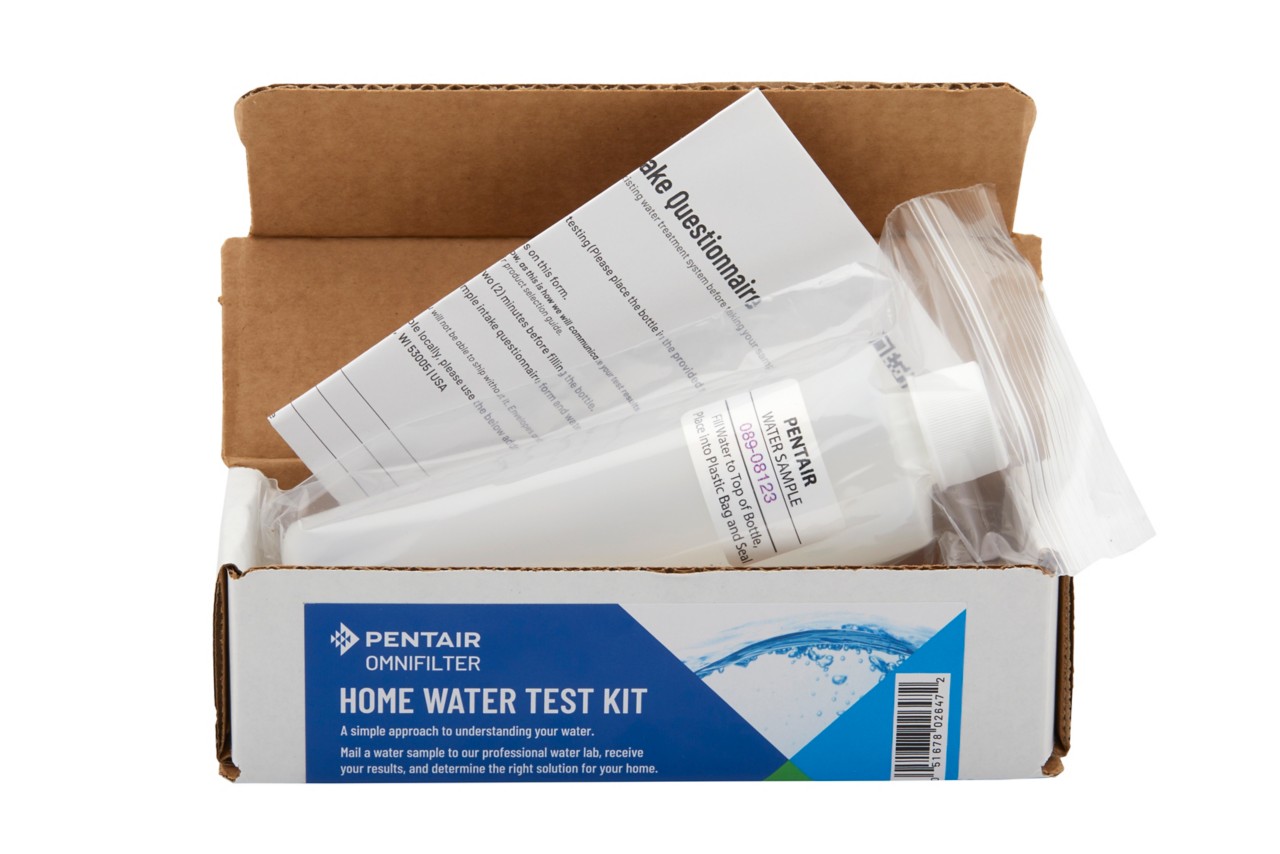
Water Bottles Left in Cars
Leaving a half-consumed water bottle in a car is another story.
There are two big things at play here: heat and plastic. Bacteria love sunbathing, so to speak. They happily reproduce in temperatures anywhere from 40 degrees Fahrenheit to 140 degrees Fahrenheit. So when your car heats up in the afternoon sun? Hello, growth spurt.
One study tested to see how quickly bacteria grew in a bottle of water. The bacteria count went from 1 colony per milliliter to 38,000 colonies per milliliter over a 48-hour period. Tap water fared much better, with less than 100 colonies per milliliter during the same span.
And don't forget about bisphenol-A. You might know it better as BPA. It's what plastic bottles are made of. When left in the sun, this industrial chemical seeps into the water, meaning you're at risk of consuming it. This is true even with unopened water bottles left in the car. Unfortunately, BPA is linked to health problems affecting the brain and other organs.
So, can you keep water bottles in the car? It's best not to.
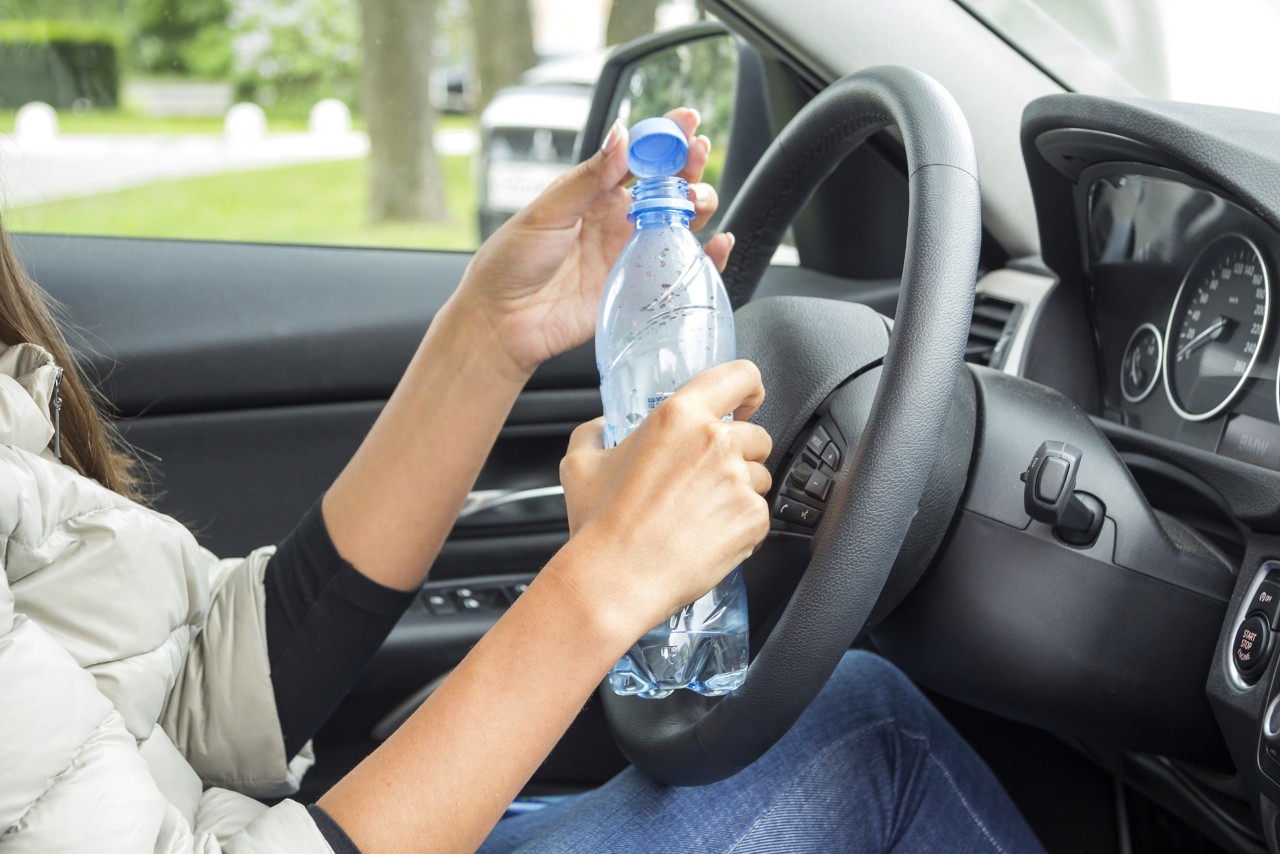

Water 101
Unleash the secrets of your H2O! Explore where water originates and discover the various water filtration solutions that transform it into drinkable water.
Related Articles

Water-Based Home Maintenance Checklist
Are you compiling your home maintenance checklist? Don’t neglect…

5 Things Chlorine can damage
If you have public water, chances are it contains chlorine..
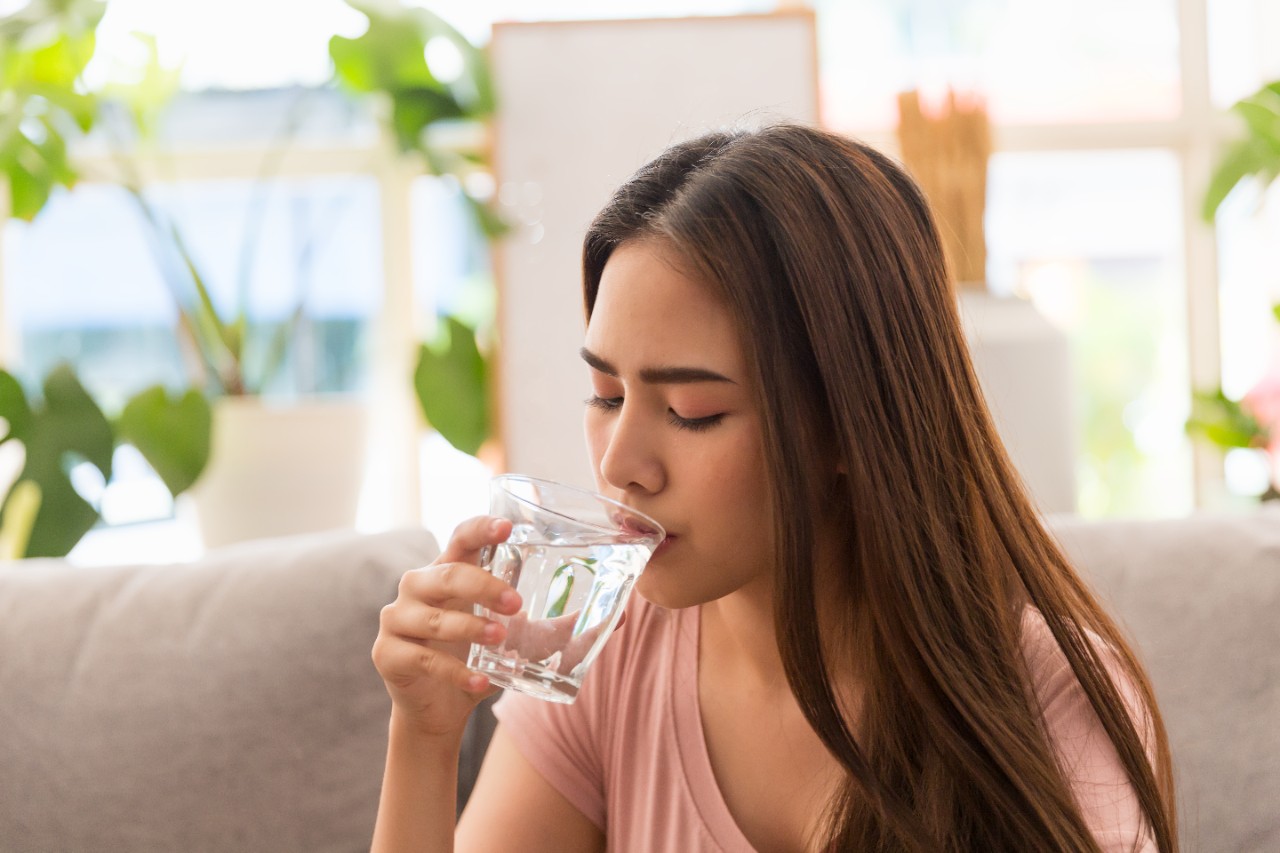
Is Cold Water Better than Room Temperature Water?
Many debates spark heated discussion in the world of Big Water®...
Disclaimer: The information on this website has not been reviewed by the FDA. Products offered for sale herein are not intended to treat, cure or prevent any disease or health condition. No medical claims are being made or implied. Contaminants mentioned are not necessarily in your water.

